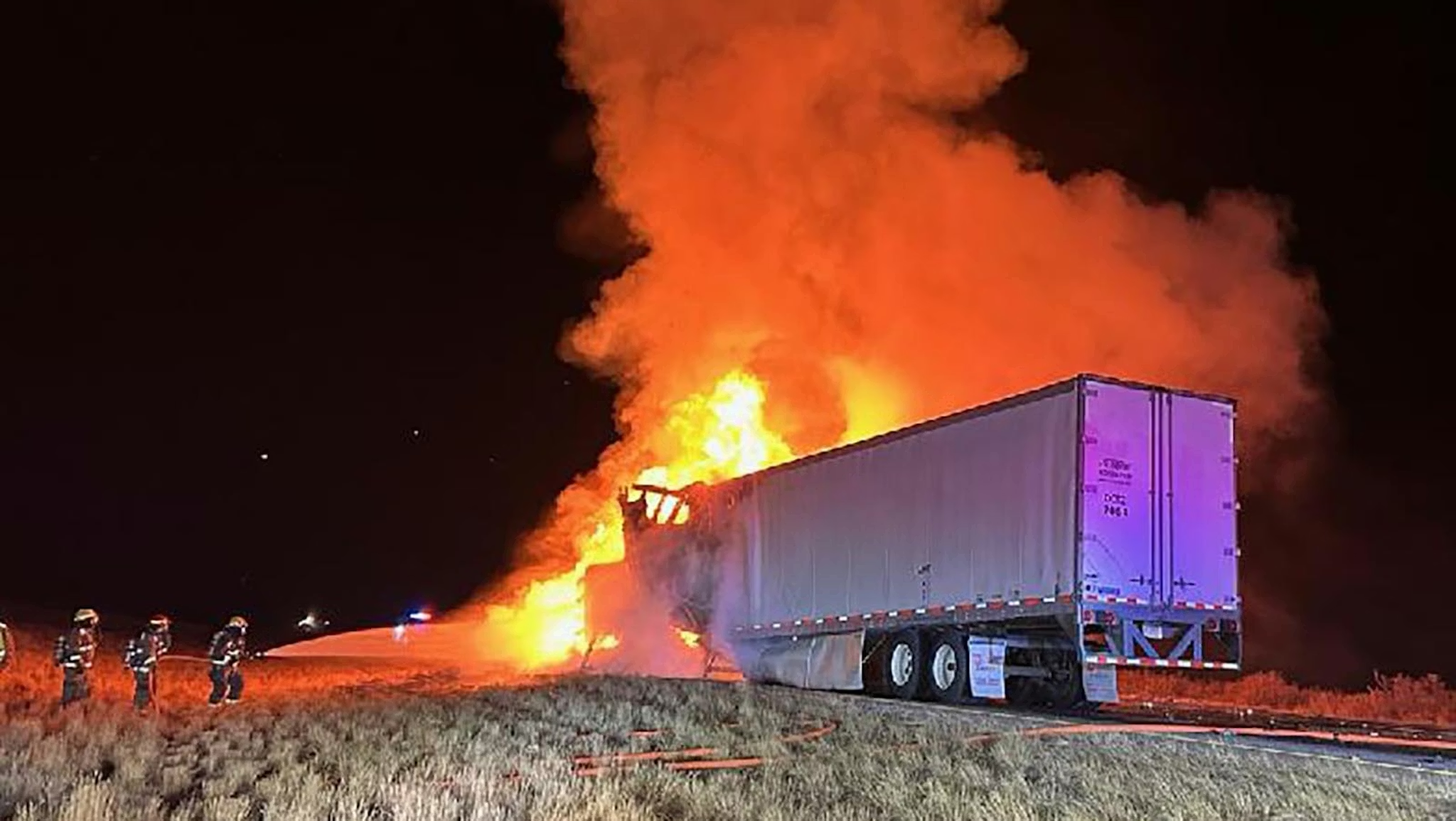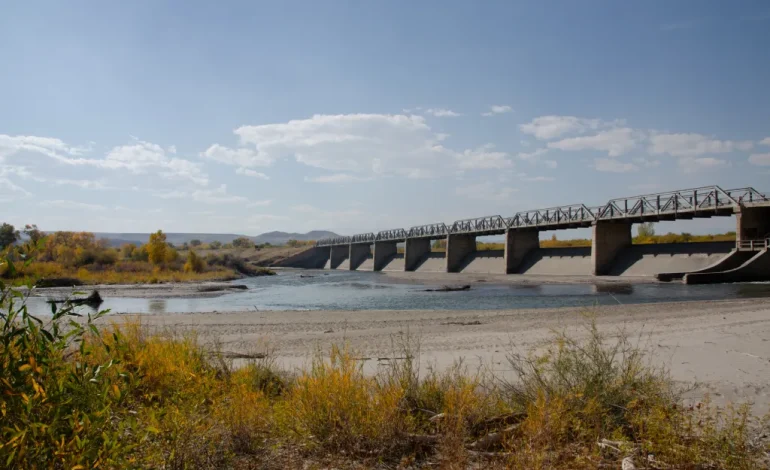The Eastern Shoshone and Northern Arapaho tribes, who share the Wind River Indian Reservation in Wyoming, have long sought to assert their sovereignty over the water resources within their lands, Wyo File reports.
Their struggle, which involves securing control of reservation water, has faced numerous challenges, including federal legislation and the evolving demands on water resources in the region.
At the heart of the issue is the state’s proposed plan to divert water from the reservation to outside irrigators, a move that has intensified the tribes’ efforts to take charge of their water supply. For years, the tribes have contended with limited control over their water, an issue rooted in historical inequities and ongoing legal battles. Now, with the state’s new proposal, the stakes have grown higher, as it raises concerns about both the potential loss of water for the tribes and the broader implications for their governance.
Water sovereignty has become a focal point for these tribes, who are determined to protect their rights and resources from outside interests. The Wind River Indian Reservation, located in central Wyoming, is home to both the Eastern Shoshone and Northern Arapaho tribes, whose populations rely on the reservation’s water for cultural, agricultural, and economic activities.
However, federal legislation complicates the tribes’ fight. A combination of outdated agreements and complex legal frameworks surrounding water rights makes it difficult for the tribes to assert their sovereignty fully. Further complicating the situation is the increasing demand for water from surrounding areas, as agricultural and development projects seek to tap into the region’s resources.
The tribes’ push for water control is not just a matter of legal battles; it also involves balancing the environmental, cultural, and economic significance of water to their communities. The Wind River Indian Reservation’s water system is integral to sustaining the tribes’ way of life, making the fight for control a matter of preserving their heritage and future.
The proposal to allocate water to outside irrigators has drawn criticism from tribal leaders, who argue that the move undermines their efforts and threatens their ability to manage vital resources. They point to the unique relationship between the tribes and their land, emphasizing that water, like land, holds deep cultural and spiritual value.










The latest news in your social feeds
Subscribe to our social media platforms to stay tuned